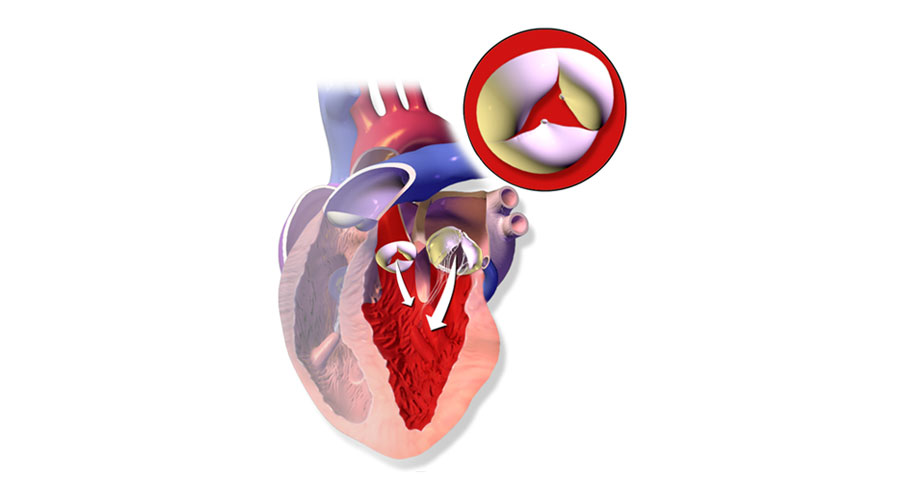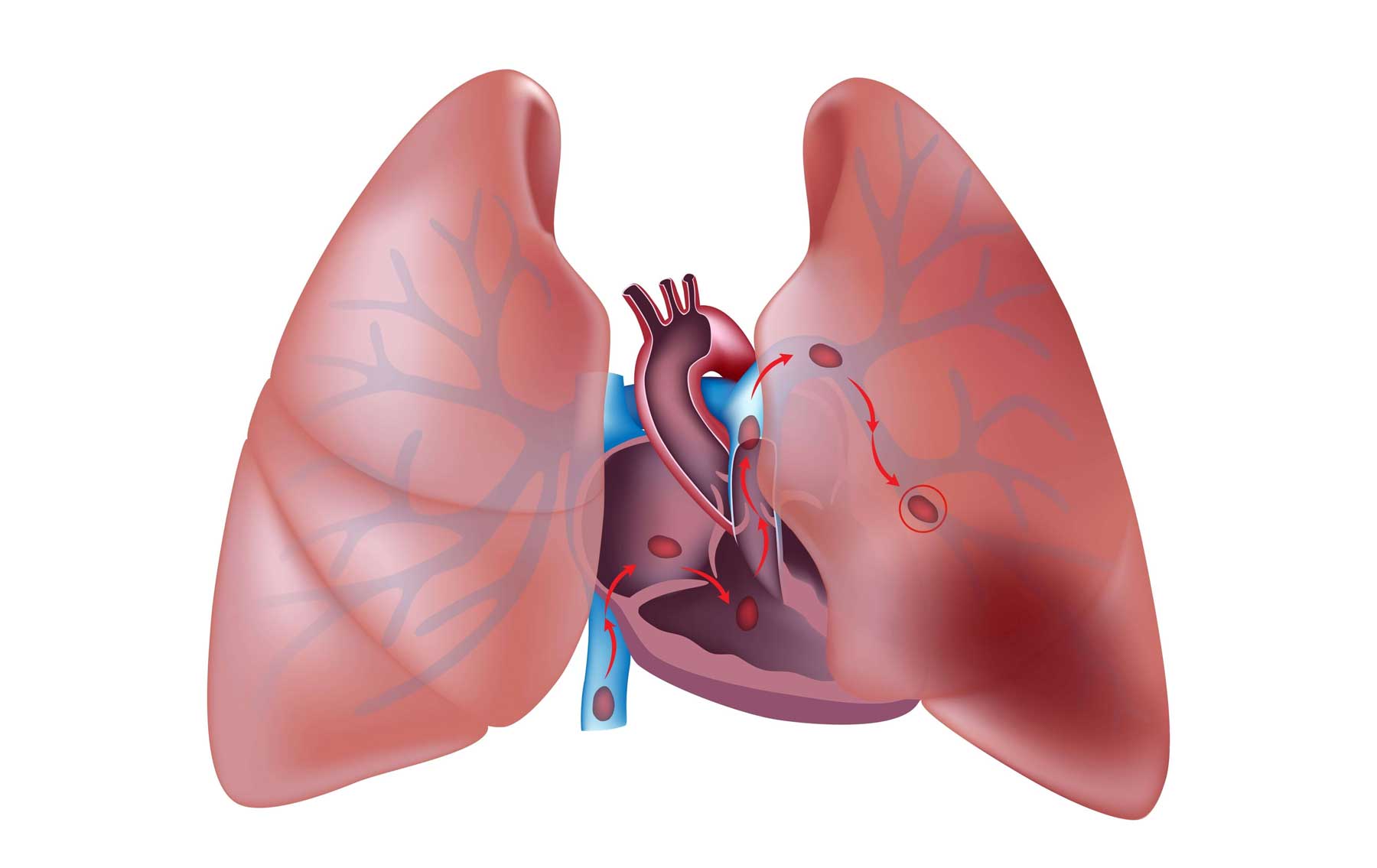Deep Vein Thrombosis Thrombosis is the formation of a blood clot (thrombus), which can partially…

Aortic Insufficiency
If the aortic valve (the valve between the aorta and the left ventricle) does not close properly, aortic insufficiency (also called aortic incompetence or aortic regurgitation) may develop. The left ventricle of the heart pumps blood through the aorta (the main artery in the body) to body tissues. If the aortic valve does not close properly, blood can leak back into the left ventricle, causing a sound called a heart murmur, which a doctor can hear through a stethoscope. A congenital (present at birth) abnormality of the valve is usually the cause of aortic insufficiency. Other possible causes include infective endocarditis (a potentially life-threatening infection of the inner lining of the heart muscle), syphilis, or stretching of the tissues that support the aortic valve.
In severe cases of aortic insufficiency, the left ventricle enlarges and its walls thicken as the heart responds to an increased workload. The large volume of blood pumped into the aorta may cause the arteries to pulsate abnormally, which is a sign of severe aortic insufficiency. In some cases, the aortic valve ruptures as a result of damage caused by infective endocarditis.
Symptoms
In most cases, symptoms do not occur until many years after the problem begins to develop. However, if the valve suddenly ruptures or if the heart muscle loses its effectiveness, a person can have shortness of breath, fatigue, or other symptoms of congestive heart failure.
Treatments
The treatment for aortic insufficiency is the same as the treatment for aortic stenosis. Heart valve replacement surgery is usually required.



